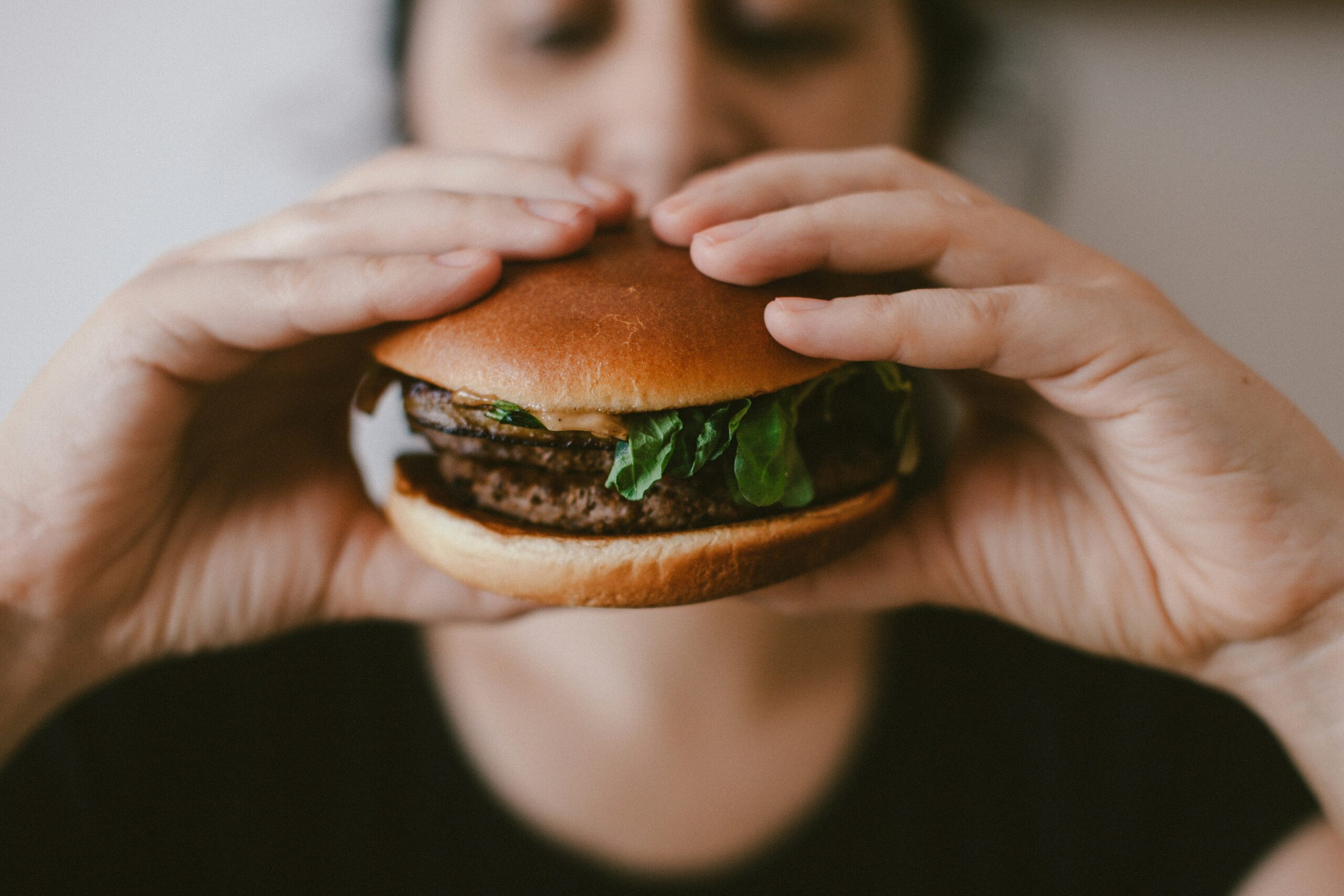If you’re new here, welcome. If you’ve been following along since Day 1, thank you for staying with me. This A2Z Blogchatter Challenge has been something I’ve looked forward to—each day brings a new chance to talk about mental health, not from a textbook, but from life, from the heart, from stories we don’t always tell aloud.
Today is Day 5, and we’re diving into eating disorders, emotional regulation, and empathy. Heavy words, aren’t they? But let’s sit with them gently. Breathe. No pressure. I promise we’ll take this one step at a time.
Because honestly, these three are more connected than we think—and more common than we admit.

Eating disorders: beyond food, deeper than weight
When you hear the term eating disorder, what comes to your mind?
An extremely thin girl refusing to eat? A gym-obsessed guy constantly checking his abs? Someone binging on food at 2 AM?
Yes, those could be signs—but the reality is far more layered.
In my sessions, I’ve met young women terrified of chapati, boys who weigh their almonds, mothers who skip meals to “stay young,” and teenagers who Google “how to be skinny fast.” In India, we may not always name it as an eating disorder, but we often live it.
And the sad part? We usually glorify it.
“Wow, you’ve lost weight!”
“So disciplined!”
“She doesn’t eat sweets at all—so much willpower!”
But what if that weight loss came from deep insecurity? What if the ‘discipline’ is actually a constant battle with self-worth?
Eating disorders aren’t really about food. Food is just the outlet. The real war is about control, shame, perfection, punishment, and pain.
It’s about the days when you feel fat—even though fat is not a feeling. It’s about skipping dinner not because you’re full, but because your brain says you don’t deserve it.
Here’s what I want you to know:
You are allowed to eat.
Food is not the enemy.
And no number on a scale defines your value.

Emotional regulation: Naming what you feel
I’ll say it—regulating emotions is hard. Even for psychologists.
Especially on Mondays. Or when your child slams the door. Or when you just cried in the bathroom and now need to teach a class or lead a meeting with a smile.
Emotional regulation isn’t about not feeling. It’s about learning to stay with the feeling without drowning in it.
And that takes practice.
Many of us grew up being told:
“Stop crying!”
“Don’t be so sensitive.”
“Be strong!”
But being strong doesn’t mean being emotionless.
In fact, being able to say, “I’m overwhelmed,” or “I feel lonely,” is strength.
Some days you may snap. Some days you may shut down. That’s okay. Emotional regulation isn’t about perfection—it’s about pausing, identifying, and choosing how to respond rather than reacting.
So how can we start?
Journaling—not to sound deep, but just to write what you feel. No filter.
Grounding techniques—like holding something cold, naming five things you see, or breathing with intention.
Speaking kindly to yourself. For example, “I’m having a tough moment, but it will pass.”
It’s amazing what shifts when you give your emotions names. Sadness isn’t failure. Anger isn’t bad. And numbness isn’t brokenness.

Empathy: The Quiet Superpower
You know what we need more of?
Not productivity. Not perfection. Not hustle.
We need empathy.
Not just towards others, but also ourselves.
Empathy is the ability to sit with someone’s pain without trying to fix it. It’s when your friend says, “I’m not okay,” and instead of offering advice or quoting a motivational reel, you say, “I hear you. Want to talk about it?”
Empathy is when you look at your reflection and say, “I know you’re trying,” instead of “You’re not doing enough.”
Here in India, we often grow up with a lot of sympathy—“Bechara hai,” “Uske liye dua karo,” etc. But empathy is different. It doesn’t pity. It holds space. It doesn’t assume. It listens.
I wish we taught empathy in schools—before algebra.
Empathy changes relationships. It changes the way we talk to children, to our partners, our colleagues, our helpers, and ourselves.
You don’t need to understand someone fully to empathize with them.
You just need to be willing to sit beside them, not above them.

Before You Go…
If you’re struggling with your relationship with food, I see you. If your emotions feel like they’re running the show, I get it. And if you’re tired of being judged instead of understood, you’re not alone.
Mental health isn’t about being perfect. It’s about learning. And unlearning. And showing up.
Today, take one small step:
Eat without guilt.
Say what you’re feeling.
Offer empathy—to someone or to yourself.
Let’s create a world where emotions aren’t shameful, food isn’t feared, and empathy is our first language.



A thoughtful post, Moni. We often see people being particular about their food and quickly assume it’s all about fitness, rarely pausing to understand the real reasons behind their choices, their stories, or their struggles.
Today the world is reeling under mental disorders of all kinds. I agree that empathy is vital in every way. Let’s create a world with empathy and understanding.
I agree totally with your thoughts. Eating disorders are not about weight. The underlying emotion is anxiety, stress or something someone said. I always say that empathy should be taught in schools. As a widow and as I lost my son, I hear bechari, and I cringe. I do not need sympathy. If you just understand my emotions, you will be there for me and not turn your face away.
Mental disorder or I should say embracing negative vibes….. Being a healing professional I found Mental disorder is happening mostly because of negative vibes, not understanding each other and for spreading too much negativity. Throughtprocess is something we need to work on for gifting a mental disorder free world